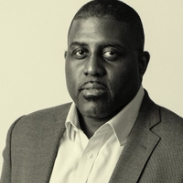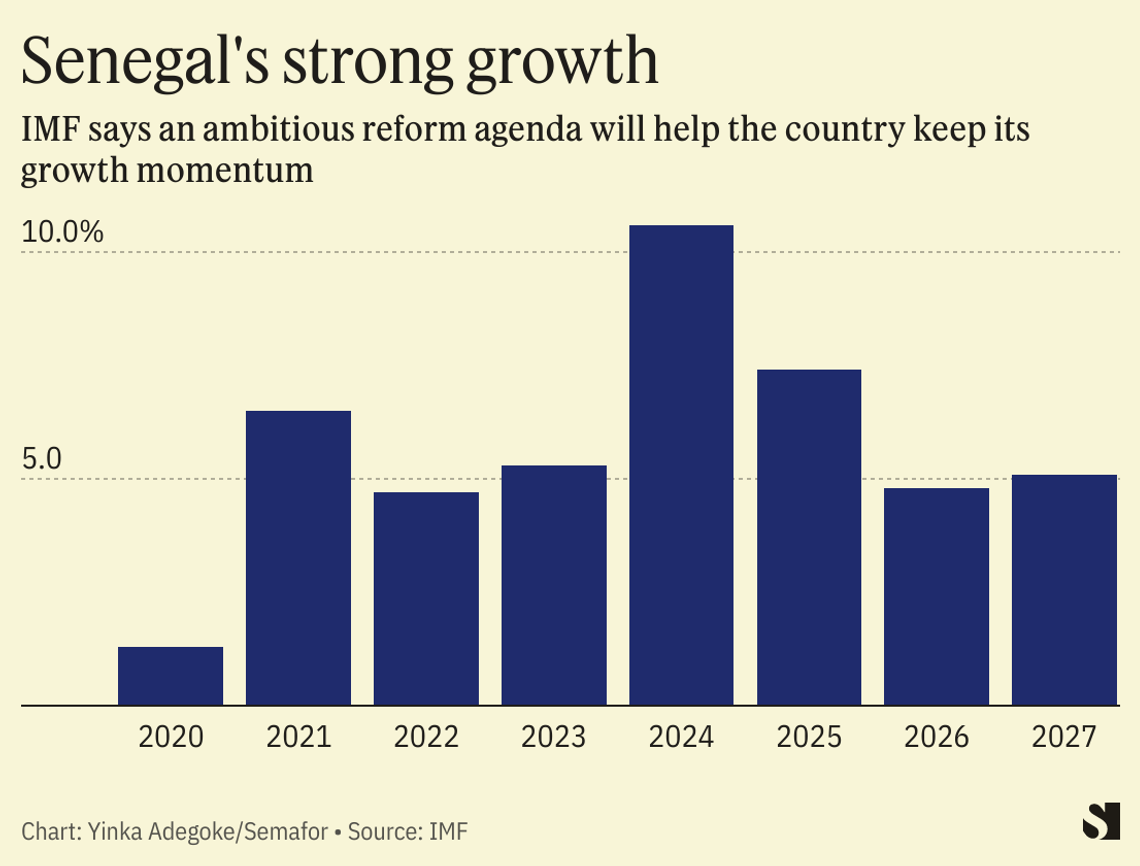THE NEWS  Michael Sheehan/picture alliance via Getty Images Michael Sheehan/picture alliance via Getty ImagesGABORONE, Botswana — African trade ministers are urging the United States to overhaul the sweeping trade deal that has opened the US market to African products and renew it this year rather than waiting until the duty-free pact expires in 2025. Renewing the African Growth and Opportunity Act (AGOA) immediately would remove uncertainty about the future of the pact and allow for suppliers and partners to better plan and maintain investments in African economies, ministers said during this week’s U.S.-Africa Business Summit in Botswana. “We are speaking with the same voice that AGOA should be extended,” said Botswana’s trade minister Mmusi Kgafela at a summit panel on Wednesday. He said he and other African ministers want “an indefinite period” for the act. This would do away with the uncertainty involved around the current 10-year renewal cycle. “There is a compelling case to reauthorize the AGOA now,” wrote Daniel F. Runde and Thomas Bryja for the Washington DC-based Center for Strategic and International Studies (CSIS) in a new paper on calling for AGOA to be renewed. Atlantic Council fellow Frannie Léautier, who launched an AGOA report on Wednesday said the act “should be renewed by the US Congress for at least a ten-year period as soon as possible.” There was also a call by ministers yesterday for the AGOA rules to be streamlined and made less cumbersome in order for more countries to be able to benefit more from the program. YINKA’S VIEW The uncertainty around the future of AGOA has a real world impact on the decisions made by businesses and economies trying to take advantage of its preferential terms to gain entry to the world’s largest economy. Africa’s share of global textile manufacturing has doubled under AGOA — but producers plan two years in advance, and could shift production to Southeast Asia if the treaty’s future is in doubt, CSIS’s Runde and Bryja point out. This week South Africa’s opposition party Democratic Alliance made news by saying it has “started a process to lobby” for the country’s continued inclusion in AGOA in a bid to save the country’s ailing economy. The DA claims the ANC-led government’s non-aligned position on the Russia-Ukraine war could see the collapse of the car manufacturing sector in South Africa if the U.S. excludes it from AGOA as punishment. While the DA might have been grandstanding to put pressure on the frantic government of President Cyril Ramaphosa, they are pressing the right buttons. As Africa’s most advanced economy, South Africa has been the biggest beneficiary of the 23-year old AGOA act in monetary terms, largely thanks to the car sector. The South African media has also reported that Ramaphosa sent senior members of his cabinet to Washington this week to discuss the future of AGOA. Even Botswana will be nervous. It works closely with South Africa under the AGOA act to supply components for U.S. cars. “Their success is our success,” said Botswana’s trade minister Kgafela. After all is said and done, the final decision on AGOA’s renewal will be up to U.S. Congress for approval. On the one hand, African matters are one of the few topic areas where there is almost always bipartisan support. On the other, African matters are often not a priority which could mean we’re still here in September 2025 waiting for renewal. THE VIEW FROM ZAMBIA Zambia’s trade and commerce minister, Chipoka Mulenga, said his country had benefited from the trade agreement but remained “at the bottom of the benefits of the AGOA platform” due to a lack of the industrialization needed to produce more “value-added products” rather than merely exporting raw materials such as minerals or agricultural produce. “If they [U.S. government] want to see AGOA succeed in Africa, they must support African countries to industrialize to give value addition.” ROOM FOR DISAGREEMENT Mokhethi Shilele, trade minister from Lesotho cautioned against a complete revamp of AGOA for fear of delaying the act’s renewal. “There is a sentiment that AGOA should be reformed or changed but I’m indifferent to that because if we push for that how are we going to get it renewed this year?” Read more on this story here. | 








